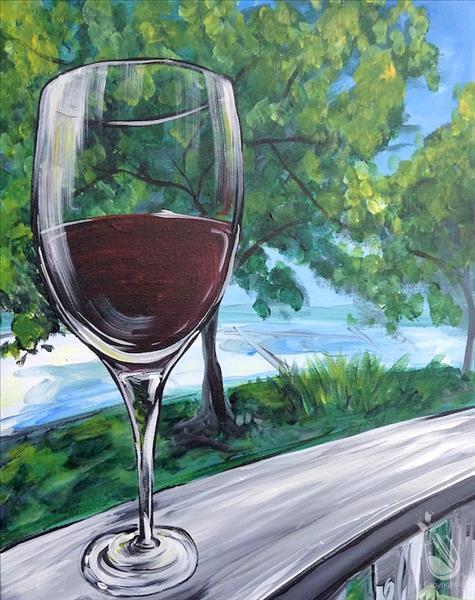FWP:
SETS
MUSIC: {10,3}
WINE: {49,1}
The unusually specific refrain naġhmah hai gives this ghazal an uncommon feeling of lyrical unity. (In this respect compare {49}, with its refrain of mauj-e sharāb .) Because of this special and (literally) 'musical' quality, I am here adding to the two divan verses all six of the unpublished verses from this ghazal. In the full, original ghazal the opening-verse was {211,3x}; the closing-verse was {211,8x}. The two divan verses appeared right before the closing-verse. This ghazal might be thought of as Ghalib's tribute to the possibilities of music, and I dedicate it especially to the musical members of our poetry group.
This is a powerful verse of mood;
its imagery is so luxuriant, and its general effect so voluptuous, that it
actually itself feels intoxicated. It is celebratory but also languid, admiring
but also enjoying. The verse itself seems to sway a little as it is recited.
A word like jūʾibār , with its rich and verdant meanings,
is a perfect center for it, and its banks are just where a wineglass-cypress
would most luxuriantly grow.

Nazm:
Intoxication is verdant with color upon color, and the musical instrument is overflowing with melody. That is, intoxication is so pervaded with melody, and melody with intoxication, that the wineglass is a cypress of the bank of a convergent-stream of melody. The simile of a cypress for a wineglass is old, and the river/flood for melody is new and captivating. (239)
== Nazm page 239